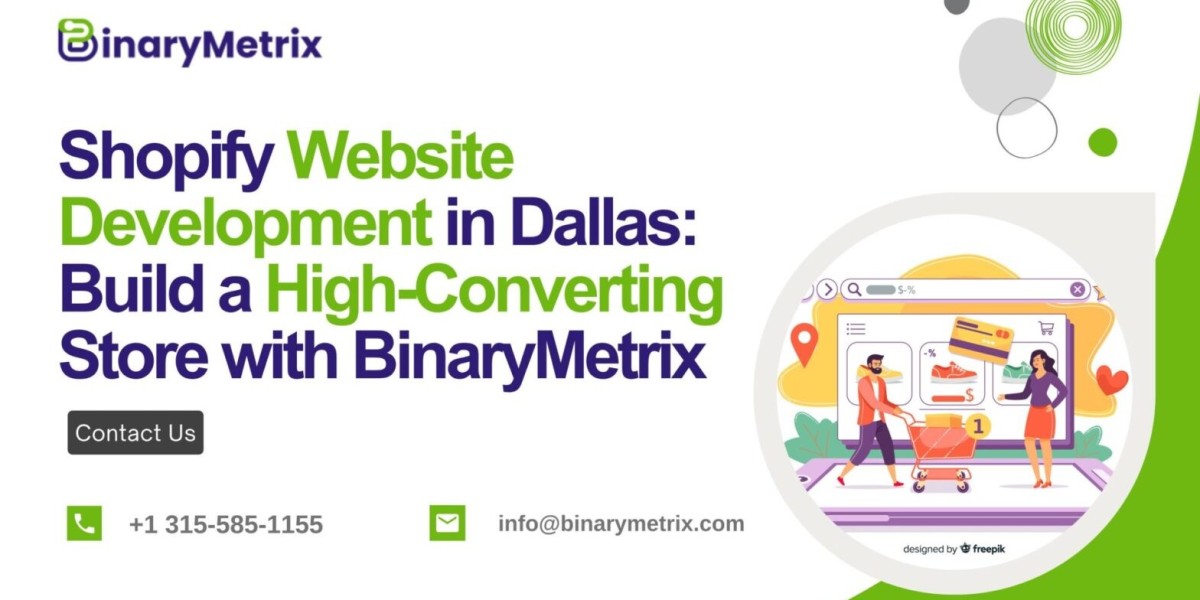Property has always been one of the most stable and rewarding forms of investment, but it has also been notoriously difficult for many to access. High costs, complex legal structures, and limited liquidity have long made real estate a market dominated by wealthy investors and institutions. With the rise of digital technologies, however, traditional barriers are being dismantled. Blockchain is at the heart of this change, enabling innovative systems of ownership, trading, and management. One of the most significant applications is tokenization, which is rapidly transforming how people interact with property investments.
Understanding the Concept
Real Estate Tokenization, Blockchain is the process of converting ownership of property into digital tokens stored securely on a blockchain. These tokens represent fractional ownership or rights tied to the underlying property, whether it is residential, commercial, or even undeveloped land. Blockchain technology ensures that each token is traceable, tamper-proof, and verifiable, reducing the risks associated with fraud or unclear ownership. This model allows investors to purchase tokens that reflect partial stakes in high-value assets, breaking down barriers and making real estate more accessible than ever before.
How the Process Works
The journey begins with selecting a property for digitization. Legal frameworks are put in place to ensure that tokens are directly linked to ownership rights or economic benefits, such as rental income or profit sharing. Smart contracts are then deployed to automate functions like dividend payments, voting rights, and compliance checks. Tokens are issued and can be traded on digital platforms, providing a level of liquidity that the real estate market has historically lacked. Unlike traditional property transactions that often take months to complete, tokenized assets can be bought and sold almost instantly.
Benefits for Investors
For investors, tokenization offers an unprecedented range of advantages. Liquidity is one of the most compelling features, enabling participants to sell fractions of their holdings without needing to offload entire properties. Fractional ownership lowers the cost of entry, making it possible for individuals with smaller budgets to gain exposure to premium assets. Transparency is improved thanks to blockchain’s immutable ledger, which records all transactions and ownership details permanently. Global accessibility further expands opportunities, as investors from anywhere in the world can participate in tokenized real estate without the complications of cross-border transactions.
Advantages for Property Owners and Developers
Property owners and developers benefit greatly from tokenization as well. Owners can unlock liquidity by selling fractions of their holdings while still retaining partial ownership and control. Developers can raise capital more efficiently by offering tokens to a wide range of investors instead of relying solely on traditional banks or institutional financing. The elimination of intermediaries like brokers and clearinghouses reduces costs and accelerates transaction times. Tokenization also provides flexibility, allowing projects to attract diverse investors and distribute risks more effectively.
Role of Blockchain Technology
Blockchain is the foundation that enables tokenization to function effectively. Its decentralized structure ensures that no single authority controls ownership records, fostering trust among participants. The security of blockchain makes fraudulent activity significantly harder, while its transparency allows for open verification of every transaction. Smart contracts further enhance the process by automating critical functions such as rent distribution or compliance management, reducing administrative overhead and human error. Integration with decentralized finance platforms also opens new opportunities, as tokenized assets can serve as collateral or be incorporated into innovative financial products.
Real-World Applications
The applications of tokenization are already visible across multiple sectors of real estate. Luxury residential properties are being divided into tokens, giving investors access to prime markets without needing massive capital. Commercial real estate projects are using tokenization to attract funding from global participants, offering them income from rents and appreciation. Even smaller-scale properties, such as vacation homes, are being digitized, enabling shared ownership models that combine personal use with investment returns. These examples demonstrate how tokenization is not just theoretical but an active force transforming the property market today.
Challenges and Barriers
Despite its potential, tokenization is not without challenges. Regulatory uncertainty remains a major hurdle, as governments are still developing frameworks to govern tokenized assets. Questions about whether tokens should be classified as securities, commodities, or property rights add complexity. Legal enforceability also needs clarity to ensure that token ownership corresponds to rights recognized by traditional property laws. Cybersecurity risks, such as vulnerabilities in smart contracts, are another concern. Adoption barriers also exist, as many traditional investors and institutions remain hesitant to engage with blockchain-based systems until there is greater trust and understanding.
Future Outlook
The future of tokenization looks promising as regulators, institutions, and innovators move toward broader adoption. Some governments are exploring blockchain-based property registries to integrate tokenized ownership into official systems. Financial institutions are piloting tokenized funds and real estate products, signaling a move from experimentation to mainstream implementation. As blockchain networks become more scalable and interoperable, global participation in tokenized property markets will expand significantly. Education and awareness will further drive adoption, ensuring that tokenization becomes a foundational element of the real estate industry.
Conclusion
Tokenization powered by blockchain is revolutionizing the way property assets are owned, managed, and traded. For investors, it provides liquidity, accessibility, and transparency that were once unimaginable in real estate. For property owners and developers, it unlocks new avenues for raising capital and improving efficiency. Blockchain ensures security and reliability, laying the groundwork for a future where property investment is more inclusive and dynamic. Although challenges remain, the trajectory is clear. Real estate tokenization through blockchain is not just a passing innovation but a transformative force that is shaping the future of the global property market.







